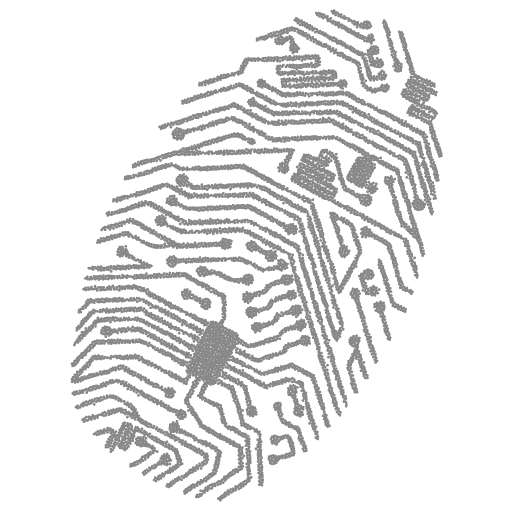In the beginning, blockchain technology’s sole use was for Bitcoin. This first truly decentralised digital currency launched an accelerating stream of innovations. For several years now, it has been leading the way for alternative means of payment (the summary of our 2014 crypto-currencies report is available here), through to smart contracts and DAO (decentralised autonomous organisation – our report on this is available here), up to, perhaps, a revolution in how the internet operates.
new tech law blog

Blockchain and the new internet
Will the rule of net neutrality survive the arrival of the internet of things?
Hardly have American and EU legislators enshrined the principle of net neutrality in law, when developments are already gaining strength and openly threatening its survival. The spread of the internet of things will give rise to new challenges to the neutrality principle. However, we should expect that this time the reaction of governments and parliaments will be different. This is because the internet of things makes it impossible to ensure equal treatment for each transfer of data. It is likely that there will be three speeds for data transfers over internet links. Data traffic from specialised services will be privileged, other services will enjoy neutral treatment, while transfers of data from the internet of things may be slowed.
Tokens, blockchain and the law
The world of blockchain technology does not cease to surprise and fascinate. Over the last year, one of the most frequently discussed blockchain-associated concepts has been tokens.
I wrote about tokens for the first time in “Legal Aspects of Initial Coin Offerings and Token Crowdsales” in the report on blockchain, smart contracts and DAO of 2016.
Let’s take a closer look at tokens. We can consider them from three perspectives: technological, economic and legal.
The hash - a computer file’s digital fingerprint
One of the many uses of hash functions is the identification and verification of computer files.
Everyone has experienced having to frantically search for an important document that was saved “somewhere in the computer” but is needed immediately. In such situations, we usually resort to the search function built into the operating system; but in the end, we just have to browse through the files, one at a time, until we find (or not) the right one. But what if we need to find a file among hundreds of thousands of others?
First jurisdiction on the blockchain
Twenty-four million seven hundred and fifty thousand American dollars. This much was raised in less than 15 minutes by the developers of the Aragon Project. What is it about the Aragon project that has interested so many blockchain users and made them willing to support it?
The future of legal services in a world of artificial intelligence
Will AI replace lawyers and judges or simply change the way they work and think about the law?
Back in the late 1980s, lawyers used to type their legal briefs on old-fashioned typewriters. Briefs were shorter then but drove right to the central issue of the case. Now some lawyers copy/paste long passages from other briefs and compose new ones running to hundreds of pages. Judges’ opinions are longer too, burying the true reasons behind their decisions in page after page of verbiage. Word-processing software makes it easy to spin out long briefs or opinions where the real issues often become blurred. More importantly, it seems the way we write has also affected the way we think.








